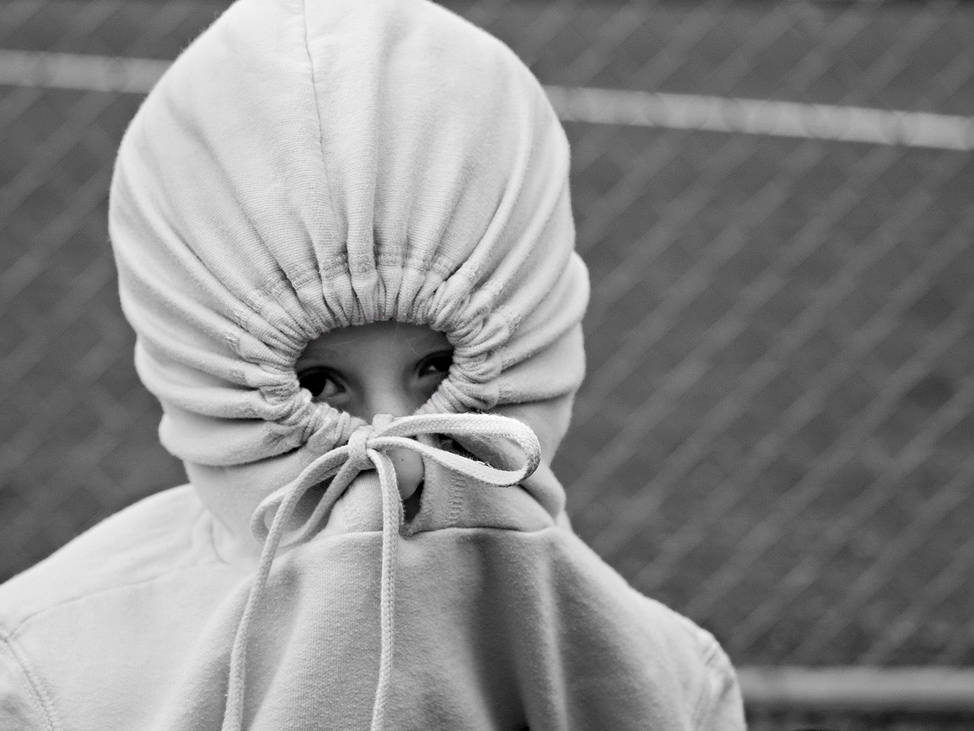https://www.mosac.net/page/199
Cognitive distortions are mistakes in the thinking process which affect perceptions, self-evaluations, and assumptions about other people, the environment, and the future. Sexually abused children tend to view the world through negative lenses, overestimating danger and difficulty in life experiences.
Sexually abused children demonstrate chronic levels of helplessness, hopelessness, inability to trust, self-blame, and lowered self-esteem. These cognitive distortions can follow child victims into adulthood and negatively impact mental health, life function, relationships, and goal direction. When life is difficult, these children tend to ascribe the responsibility to internal, enduring factors related to their characters and behaviors. This cognitive perception links back to the self-perception that “I am bad,” not that this is a “bad thing” that has happened to me. This may not be self-stated but rather is inferred from behaviors. Anger may be directed externally, but evaluation of the cognitive distortions reveals significant misinterpretation of events and processes.
The extent and nature of cognitive distortions depend on abuse-related variables that lend to their development. How the abuse is perceived by the child and significant others in his life contributes to the level of stigmatization he experiences and affects development of cognitive distortions. Chronic life experience of helplessness and hopelessness will lead to a life-long perception of negativity, overreaction, and the world as a bad place.

